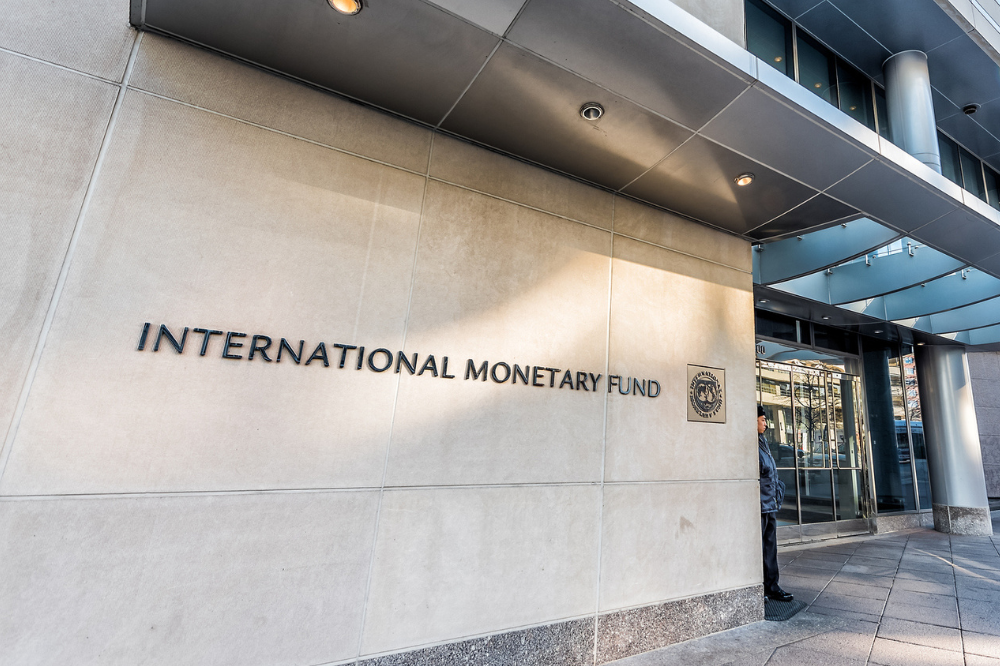IMF urges review of NDIS as costs pile up

While its outlook on Australia’s post-pandemic recovery and global position was generally favourable, the IMF annual report stressed that “further monetary policy tightening, complemented by fiscal consolidation” was still warranted, especially in view of the tight labour market, high inflation, and strong domestic demand that characterised Australia’s economic landscape going into 2023.
The IMF urged the government to review the NDIS, which it noted was recently “revised up significantly”. It said that apart from higher interest payments projected throughout the first half of 2023, the ballooning costs of the NDIS – currently projected at $50 billion for the year 2025-26, or 1.9% of Australia’s GDP – stood in the way of successful medium-term fiscal consolidation.
And fiscal consolidation was critical for Australia, the IMF said, considering the Commonwealth Government’s focus on budget repair this year.
“The program needs to improve value for money and attain sustainability to limit crowding out of other priority spending,” the IMF annual report said.
“[The] number of participants and average support costs [for the NDIS] have continued to increase above expectations, and the FY2022-23 October budget forecasts expenses would reach 1.9% of GDP by FY2025-26, with the number of participants reaching 0.7 million,” it said.
“However, the forward estimates are subject to considerable uncertainty since the number of eligible Australians with disabilities could be sizable.”
The Treasury estimated the scheme would set taxpayers back by circa $100 billion in the next decade.
The IMF annual report acknowledged that the government had already made plans to address the rising cost associated with the NDIS through an independent review to be handed down in October. It lauded this action and said that this review, once completed, “should inform policy options”.
“The planned review of the program is welcome and should review all aspects to make it efficient, equitable, and sustainable,” it said.
The IMF encouraged the government to inject “some progressivity” into the disability benefits scheme and consider a cost-sharing scheme or means-testing of target program beneficiaries to ensure consistent and equitable access to the NDIS.
Treasurer Jim Chalmers responded to the IMF annual report during a press conference. He affirmed the IMF’s finding that Australia had sound economic plans going into 2023 and asserted that the NDIS continued to be a top priority for the government.
Melbourne press conference today welcoming a glowing endorsement of the @AlboMP Government’s economic plan from the IMF overnight, and discussing developments in the US economy, tax policies, Budget pressures, and the RBA’s decision on the five dollar note. #auspol #ausecon pic.twitter.com/w0gEO7Mfl5
— Jim Chalmers MP (@JEChalmers) February 2, 2023
“When it comes to the NDIS, we want to make sure it is sustainable, so we are providing a decent level of service and care to Australians with [disabilities],” Chalmers said. “… [The NDIS] is a really top priority, and obviously [NDIS] Minister Shorten and I and [Finance] Minister Gallagher have been in discussions about how we make sure we can afford to fund the NDIS.”
The IMF annual report concluded that Australia’s economy was “on a narrow path” to a soft landing with growth expected to slow to 1.6% this year, down two percentage points from 2022.
It also predicted that inflation would move towards its target range of 2% to 3% by yearend 2024.





